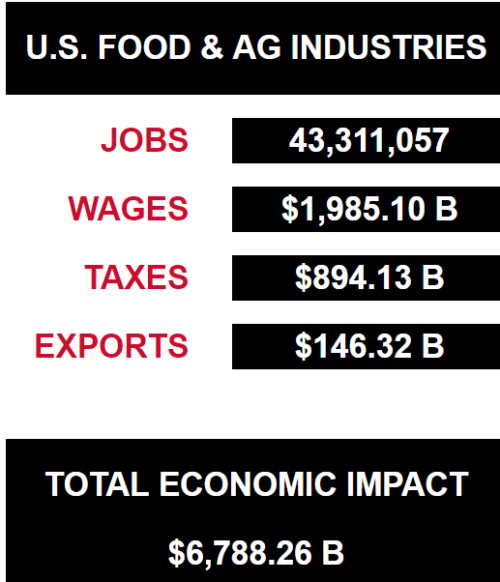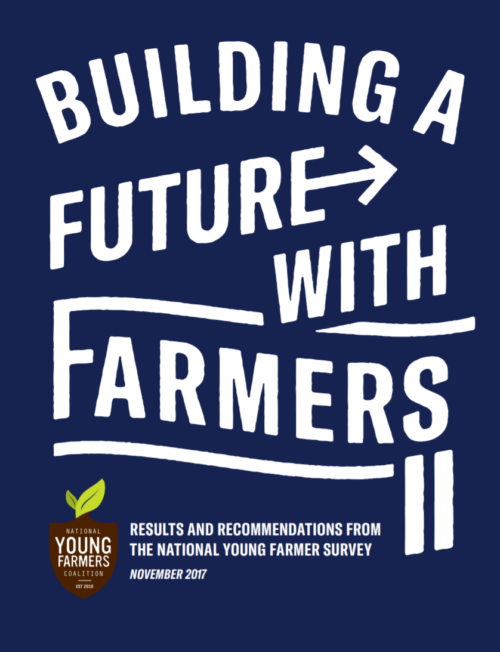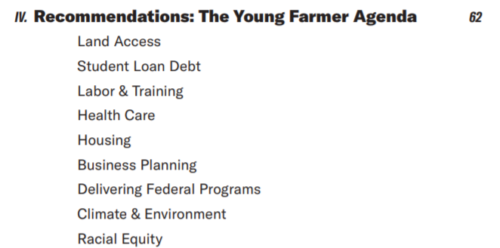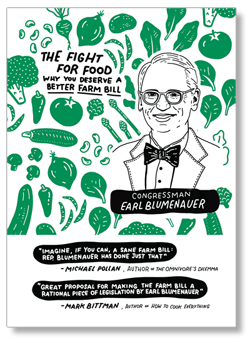Glyphosate (Roundup), the controversial herbicide used with crops genetically modified to resist it, has been in the news a lot lately. I’ve been collecting items:
♦ An analysis from In These Times: How Monsanto Captured the EPA (And Twisted Science) To Keep Glyphosate on the Market.
Glyphosate is a clear case of “regulatory capture” by a corporation acting in its own financial interest while serious questions about public health remain in limbo. The record suggests that in 44 years—through eight presidential administrations—EPA management has never attempted to correct the problem.
♦ Reuters has an article about the problems posed for Monsanto by dicamba drift. Widespread use of glyphosate has created a crisis in weed resistance. To overcome it, Monsanto has genetically engineered crops to resist a more powerful and longer-lasting herbicide, dicamba. Unfortunately, dicamba is volatile and drifts onto neighboring crops.
♦ As the New York Times reports:
Because genetically modified crops allow dicamba to be sprayed later in the year, after crops emerge from the ground, and in hotter and more humid weather, the chemical is susceptible to what is known as “volatility”—it can turn into a gas and drift into whatever happens to be nearby.
♦ The New York Times also wrote about problems getting glyphosate approved in the European Union. The EU’s actions are head spinning. First, the EU rejected a European Commission proposal to renew glyphosate’s license for five years:
Opposition from France and Italy doomed a European Union vote…to reauthorize the world’s most popular weedkiller, glyphosate, a decision that came hours after Arkansas regulators moved to ban an alternative weedkiller for much of 2018…Taken together, the decisions reflect an increasing political resistance to pesticides in Europe and parts of the United States, as well as the specific shortcomings of dicamba, whose tendency to drift has given pause even to the Trump administration’s Environmental Protection Agency, which has otherwise largely acceded to the wishes of the chemical industry. Dicamba has damaged more than 3.6 million acres of soybean crops in 25 states, roughly 4 percent of all soybeans planted this year in the United States.
But now the EU’s food safety committee has approved the five-year license renewal. Even so, this saga is not over yet. France declared it would ban glyphosate “as soon as alternatives have been found,” and within three years. Italy says it will ban glyphosate by 2020. The European Parliament passed a non-binding resolution asking the European Commission to phase out glyphosate by 2022.
♦ While all this is going on, the Journal of the National Cancer Institute had good news for Monsanto. It published a study finding no increase in cancer risk among people whose work involves glyphosate applications. But nothing is simple:
However, among applicators in the highest exposure quartile, there was an increased risk of acute myeloid leukemia (AML) compared with never users (RR = 2.44, 95% CI = 0.94 to 6.32, Ptrend = .11), though this association was not statistically significant.
Finally, Just Label It has been collecting articles about glyphosate. Examples:
♦ Medical Journals: Monsanto Glyphosate in Pee, Bad for Health: New research in the prestigious medical journal JAMA (Journal of the American Medical Association) reports on the startling evidence that glyphosate—the main ingredient in Monsanto’s weed-killer, Roundup—is not only getting into our bodies but has been doing so at increasing levels for decades.
♦ Ben & Jerry’s to launch glyphosate-free ice-cream after tests find traces of weed killer: Company pledges products will be free from ingredients tainted with controversial herbicide after the survey found traces in its European ice-creams. The company also pledges to source only organic dairy for a new line.
♦ Glyphosate persists – and European topsoils are contaminated with it: A new research study from the European Commission’s Joint Research Centre and two Dutch laboratories shows that 45% of Europe’s topsoil contains glyphosate residues, demonstrating the over-reliance of the EU agricultural model on this harmful herbicide. Contrary to manufacturers’ claims, glyphosate persists in soils, not only affecting soil fertility and crop quality but also posing risks to human and environmental health.
How to make sense of all this?
The health issues are confusing, not least because of this industry’s efforts to cast doubt on the science. The issues are unlikely to be sorted out soon.
The weed resistance problem is so serious that glyphosate is becoming unusable, only to be replaced by herbicides that are much worse. Dicamba drift is killing conventional crops, organic crops, and home gardens.
The remedy? Sustainable agricultural methods for all crops, and the sooner the better.
Addition: Gary Ruskin of US Right to Know reminds me of these documents.
♦ Carey Gillem’s article on Monsanto’s manipulation of glyphosate science
♦ The Monsanto Papers archive on glyphosate






